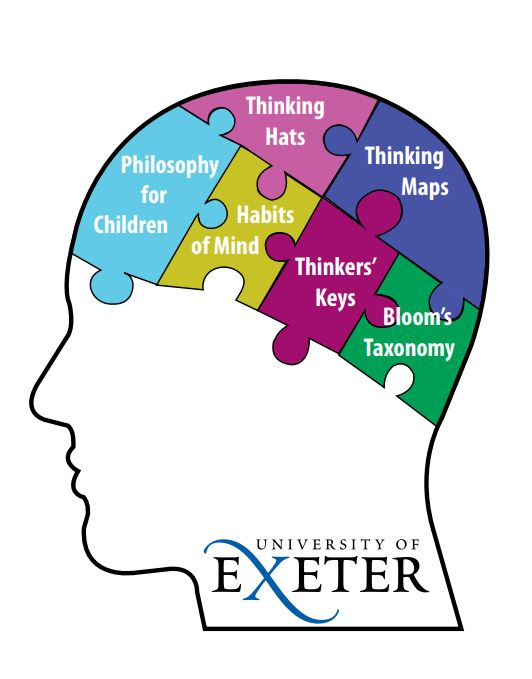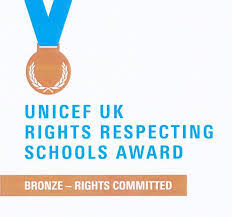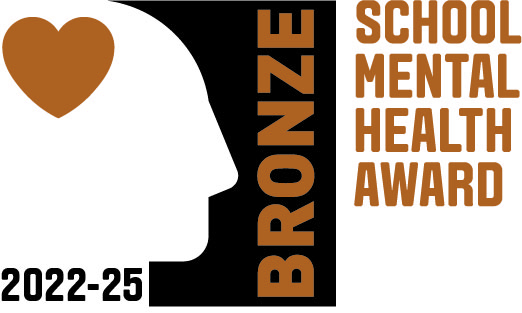What can families do to keep their children safe?
Knowing how to protect your child/ren against the risk of harm, whilst allowing them the freedom to learn how to operate independently within society can seem overwhelming, but there is a lot of help available to families.
Talk to your child/ren
Simple conversations – like crossing the road safely, bullying and dealing with strangers – are subjects that you might feel more comfortable talking about. But it is also important to talk about ways in which they can stay how they can stay safe online, stay safe from being groomed on/offline and stay safe from sexual abuse. These later topics can feel more tricky to approach, but there is a lot of information out there to help you have these conversations in an age appropriate way. For example, the NSPCC have created a parent guide about simple conversations to help keep your child safe and a supporting poster for children. Talk PANTS to stay safe uses the underwear rule to help children keep themselves safe. Click on the links below.
Keep yourself informed
You can start by reading all the safeguarding information on our school website. This will provide you with an overview of things you need to know, and we have also provided links to sources of additional information if you want to find out more.
Support the school curriculum
Not just the lessons taught in PSHE and Relationships and Sex education (both of which have elements explicitly designed to teach the children how to keep themselves safe) but in all elements of school life including upholding our behaviour policy, being an equality role model by promoting respect for differences and by following our Acceptable Use Policies.
Raise any concerns you have about your own child, or another child in our community
Collectively, our Designated Safeguarding Leads have a huge wealth of knowledge and experience and our main aim is to work with everyone involved in a child's life to help to keep them safe.
Other sources of advice and support include:
- The Merton Safeguarding Children Partnership website provides advice for parents and carers on how to help children stay safe with sections on a range of issues including staying safe online, child sexual exploitation and the effects of domestic violence on children. Please see link on the right of this page.
- The NSPCC website has a parent support page which includes parenting tips for all stages of your child's life, as well as advice on how to deal with difficult situations. These include separation and divorce and talking to children about racism as well as a parenting guide which recognises that all parents can come under pressure or stress from time to time and shares practical advice and tips for parenting techniques that work well for children of all ages – from babies to teenagers. Please see link on the right of this page.







